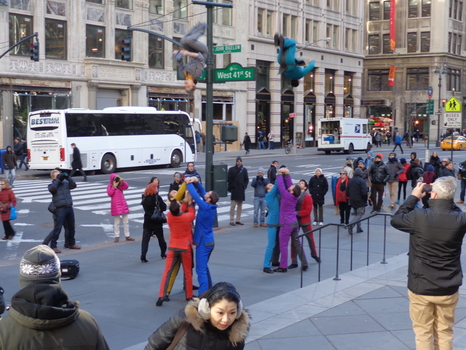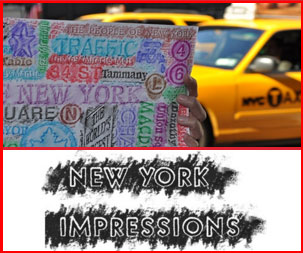On Dr. Martin Luther King Jr. Day, Matthew Sheahan made some interesting points illustrating the ironies in programs such as affirmative action to counter biases from the past. However, this issue can be considered from different perspectives, and the recognition of a diversity of perspectives provides the most wholesome view and greatest understanding.
To begin, an important distinction must be made. There is a difference between the theoretical concept of equality and that of social egalitarianism. Absolute equality is an impossibility when considering systems as complex as society and the human being. Attempting to socially implement equality leads to oppression. Theoretically, absolute equality is a static state that is inert.
Social egalitarianism is different. It is oriented toward equal opportunity. Equal opportunity is an allowance for any individual in society to pursue their interest, upon their own initiative and develop their unique abilities and talents. With their development, they may gain access to the market to apply their aptitude within the market’s demands and developmental potential.
Whether a person takes advantage of these opportunities is their own choice. The fact that these opportunities must be available to everyone is imperative. Society requires the functional involvement of all its members in their unique ways. As the diverse cultures of humanity continue to integrate through globalization, and our society continues to increase in complexity due to our ingenuity, there will be an ever-increasing demand for more perspectives to analyze current arrangements and recognize various opportunities for continued development.
There are arguments that dropping standards by programs such as affirmative action adversely affects others by slowing courses of development in the classroom and in the market, but this too is short sighted.
First, the standards we create to evaluate people are arbitrary and reflect more upon the limitations of social application than the diversity of the human species. Countless stories are told of people who were incapable of succeeding within conventional systems, yet excelled through their own ingenuity. In fact, the lives of most of the prominent figures of history developed in this way. To place an absolute and definitive standard to assess intellectual potential is in itself a fault that diminishes our potential as a collective culture.
Second, the notion that opening schools for disadvantaged students will slow the course of work in the classroom and retard the development of more advanced students is also only considering a model of the educational systems that is quickly becoming antiquated. The core learning will be sustained through lessons of arithmetic, algebra and grammar as they develop the capacity for association, the keenness for recognition, the logic for discernment and the ability to organize information for communication. However the methods through which these abilities are instructed and exercised within developing minds are changing. The model of the school system of the future will be based more upon lectures and interactive computer programs for developing competency, and this will be complemented with interpersonal means of interaction through various engagements of extracurricular activity such as sports, dance, chess and video games. The means by which we engage our lives and minds, particularly during our most formative years during our youth, profoundly influence the processes of thought we develop, and this influences our social behavior. Anyone who denies this does not understand what makes us human.
Regarding the benefit of inclusiveness, an easy analogy is a marathon. There will always be athletes who are recognized for their abilities to run extremely fast over long distances. Lowering the qualification standards will not detract from their ability. Although there are qualification standards in most marathons that allow the runners at international competitive level to lead the opening, there have been numerous instances when runners have weaved their way through the pack to eventually win competitions. From this, one need only consider Albert Einstein who conceived his Special Theory of Relativity while leaning backwards in a chair during his break at his job as a Patent Agent.
Lowering the qualifications allow more people to participate, and although not every participant can win the marathon, every participant can achieve their personal best. There is vital importance to provide the opportunities for those who have not been recognized to prove their own potential. Then the more people who may participate, the more people can experience the exhilaration of completing a marathon while the marathon becomes more successful as a whole. Champions do not avoid competition; they rise from within it.
The reality is, social systems are not fixed where equality can be implemented and sustained. Rather, social systems are active and may only be sustained through their activity. In this regard, they are like a bicycle. A bicycle has two petals. Riders can’t press both petals at the same time to get the bicycle moving. Instead different and alternating pressure must be applied to each petal. If the bicycle is not moving and pressure is applied on both petals, the rides will inevitably fall over. It doesn’t matter if they fall to the left or to the right, they will still end up on the ground with their tires up in the air.
In this same way, social systems must apply pressure or provide allowance unequally to ensure that the system continues moving forward. In time, the compensations offset themselves. People who live in disadvantaged sectors of society need additional opportunities to apply themselves in hopes of developing a more gratifying life. Through this, society is able to diversify, and any system, whether economic or ecological, requires diversity to ensure strength for stability and continued development.
Garrett Buhl Robinson is a poet and novelist who lives in New York City. www.garrrettrobinson.us











